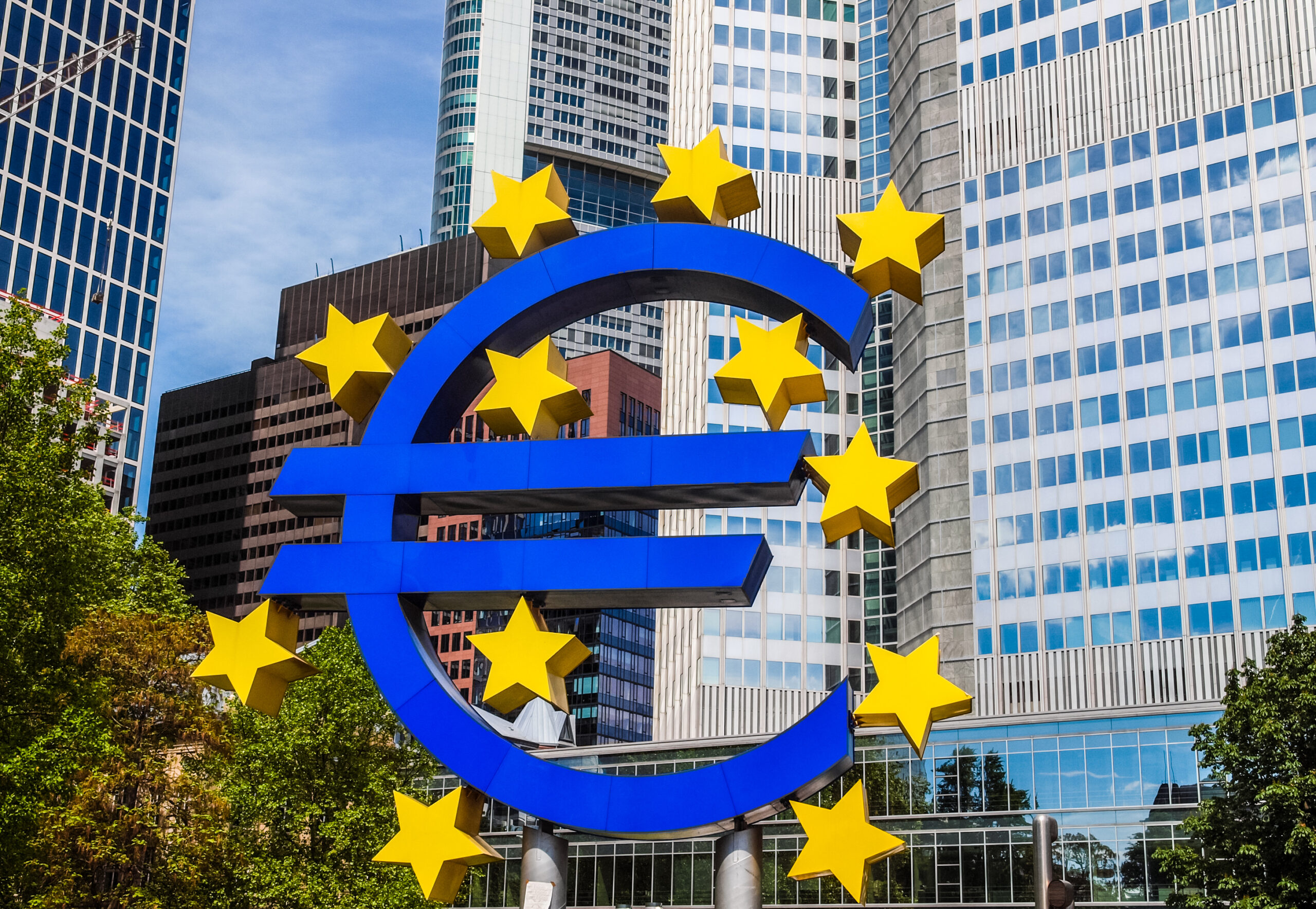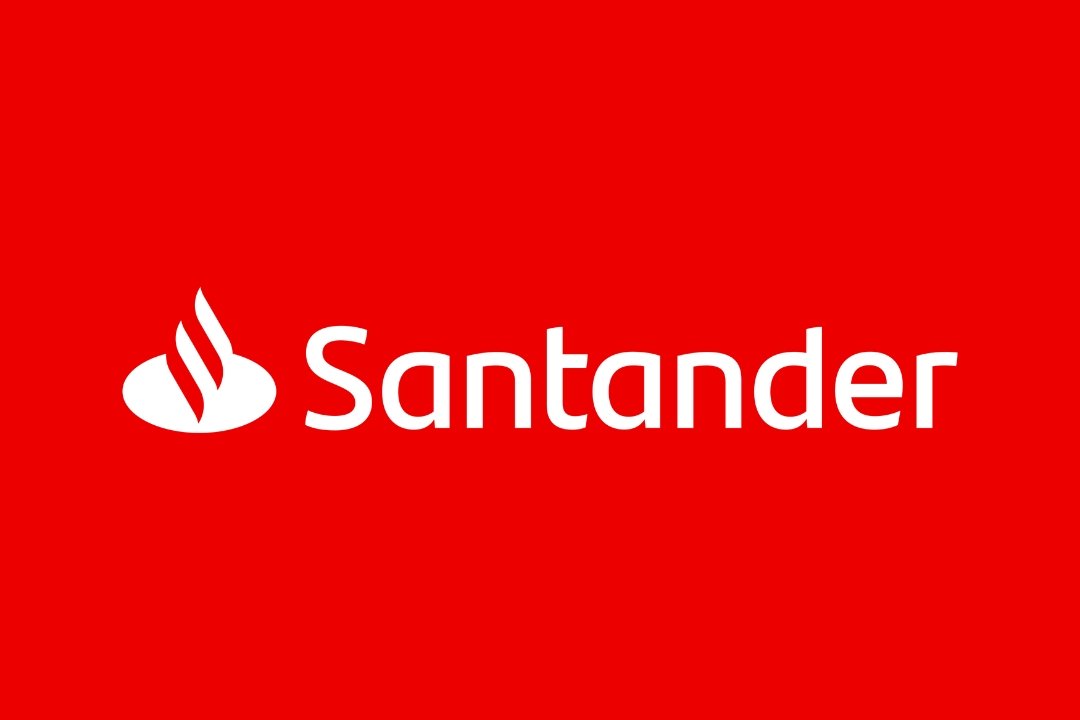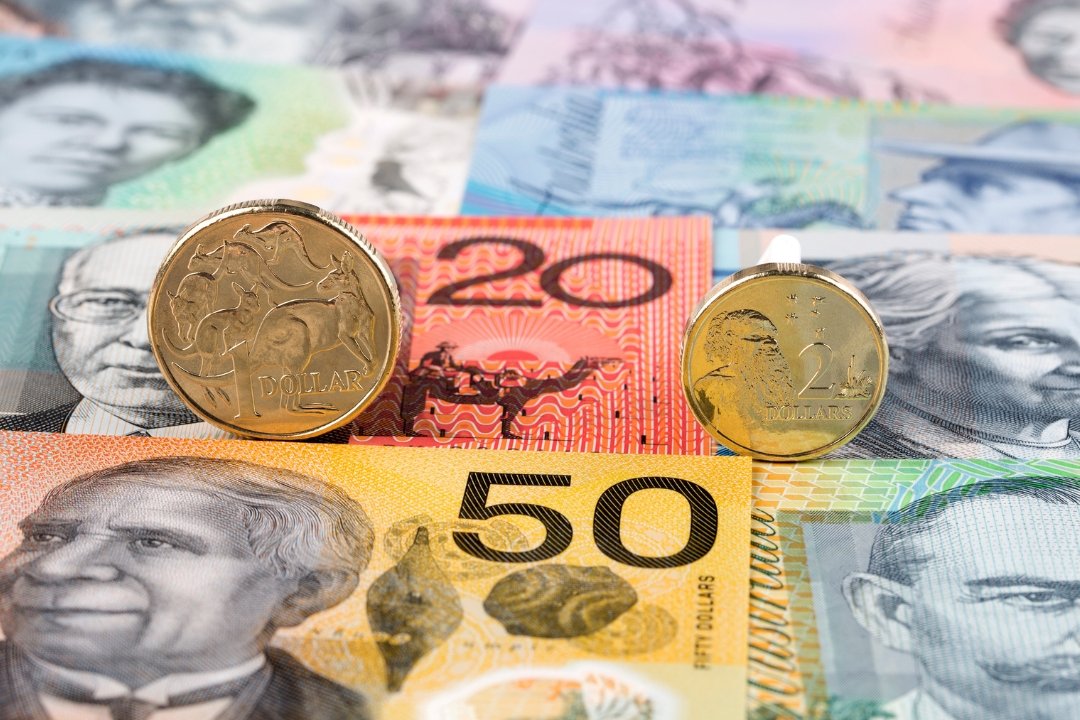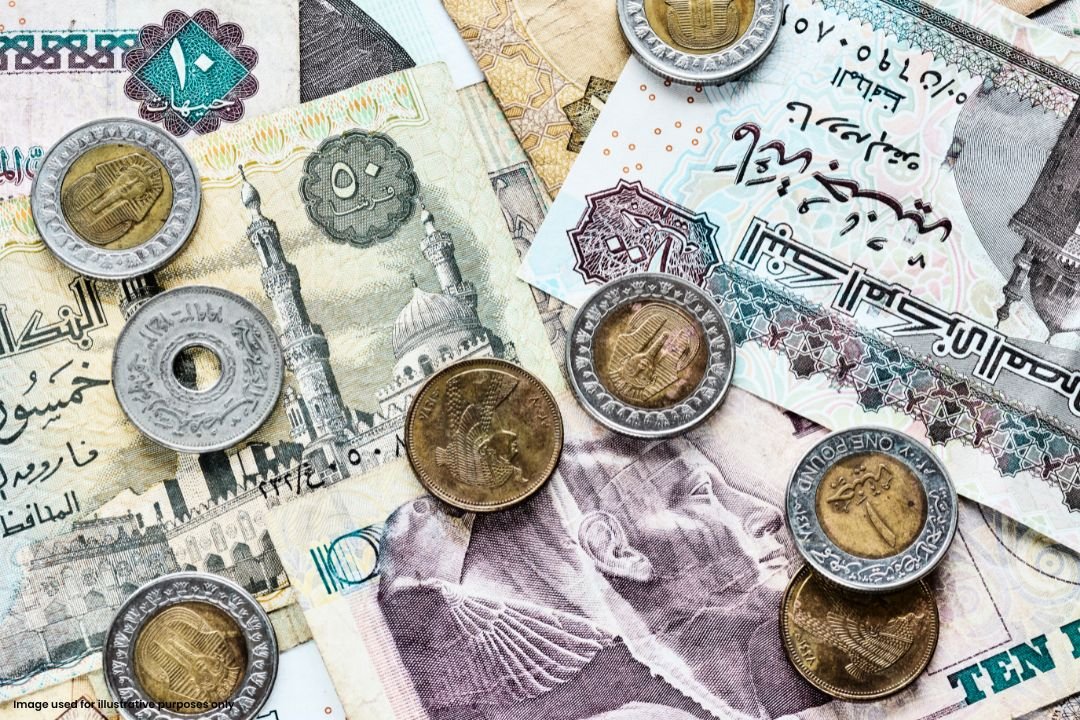The European Central Bank (ECB) has continued its streak of interest rate increases, marking the 10th consecutive hike in an effort to combat persistent high inflation. This move is driven by concerns that elevated borrowing costs could potentially trigger an economic recession. The ECB has raised its benchmark deposit rate by a quarter-percentage point, now standing at 4%, a significant jump from the negative 0.5% rate just over a year ago and the highest since the euro’s establishment in 1999.
ECB President Christine Lagarde stated that these interest rates, if maintained for a sufficient duration, will significantly contribute to reducing inflation. However, she emphasized that the ECB cannot declare that they have reached the peak of their rate increases.
The decision to increase rates is driven by the fact that annual inflation in the eurozone, at 5.3%, far exceeds the bank’s target of 2%, eroding consumers’ purchasing power and contributing to economic stagnation.
On the other hand, there is growing awareness that higher borrowing costs are having a negative impact on consumer and business decisions to invest and spend, which could burden the economy further.
Higher interest rates have already impacted the real estate market, leading to increased mortgage rates and ending a prolonged period of rising home prices. Additionally, major European economies, including Germany, France, Spain, and Italy, have experienced reduced activity in the services sector, even during the peak of the summer tourism season.
The eurozone’s economic growth has been sluggish, with the region teetering on the edge of a recession since the previous year. Unemployment remains low at 6.4%, leading to wage increases, which complicates the ECB’s fight against inflation.
Another factor affecting the economic outlook is the euro’s depreciation against the strengthening U.S. dollar, driven by concerns that Europe and China may face economic weakness. Investors are speculating that the U.S. Federal Reserve may manage to implement rate hikes without causing an economic downturn.
In contrast, the Federal Reserve in the United States has already implemented 11 rate increases, with the possibility of more in the future. Despite some upward pressure from gasoline prices in August, U.S. inflation is lower than in Europe, currently at 3.7%.
Central banks worldwide are increasing interest rates to combat inflation that emerged after the rapid economic recovery from the COVID-19 pandemic strained supply chains, and rising energy and food prices due to the Russia-Ukraine conflict.
The Bank of England recently raised rates for the 14th consecutive time, with expectations of further hikes at its next meeting. Interest rate hikes aim to control inflation by increasing the cost of credit for purchases and business investments, ultimately reducing demand for goods and mitigating upward pressure on prices. However, excessive rate hikes can potentially hinder economic growth.










